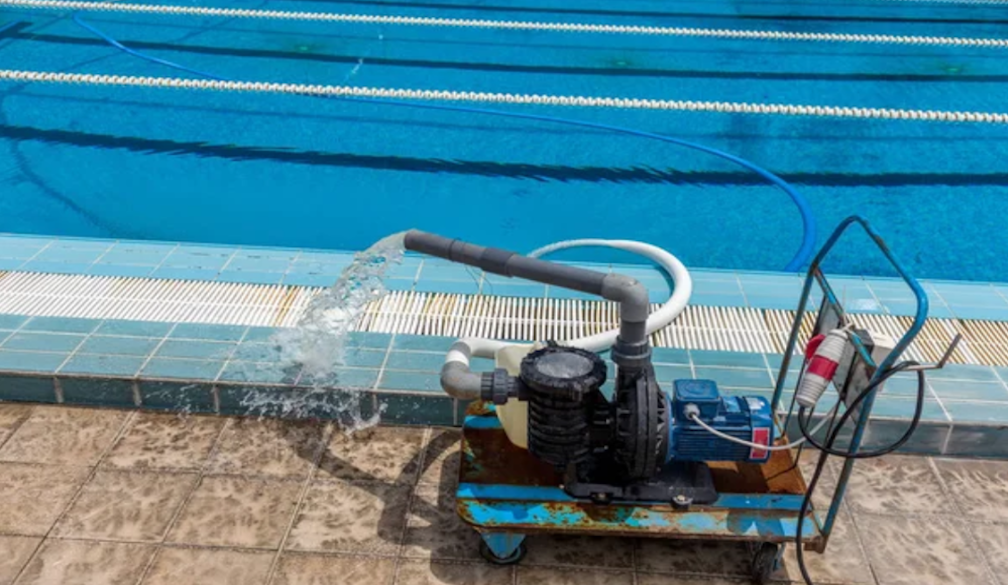7 ways to teach little kids about body safety before they can talk
- Written by Danielle Arlanda Harris, Associate Professor in Criminology and Criminal Justice, Griffith University

Families with young children are yet again reeling after this week’s Four Corners investigation into abuse in the early childhood sector.
The program identified almost 150 childcare workers who had been convicted, charged, or accused of sexual abuse and inappropriate conduct.
System-wide changes are needed to improve standards and safety in the early childhood sector. But parents may also be wondering what they can do in the home to teach their kids about body safety.
There is increasing awareness of how to talk to children about body safety. This includes teaching kids that adults should not ask them to keep secrets and to tell a trusted adult if something feels wrong.
But what about babies and younger children who have not yet learned to talk?
According to Swiss psychologist Jean Piaget, children under two can understand language and even communicate before they develop speech. It is never too early to teach them about body autonomy, normalise safety, and model trustworthiness in relationships.
How can parents and caregivers do this?
Read more: A UK hack shows Australia needs to be very careful about its CCTV trial for daycare centres
1. Use the correct words
When you’re talking to a child about their body, you may want to use “baby talk”.
But it is important to use the correct anatomical words for their genitals, the same way that we teach them about other parts of the body.
This reduces shame and normalises body boundaries. It also ensures children grow up being able to describe any experiences clearly if there is a problem.
2. Narrate what you are doing
We teach older children that people should not touch their penis, vagina, or bottom.
But obviously for younger children, parents and carers need to touch their genital areas at nappy changes.
When changing a nappy, you can talk to little children in straightforward language and narrate what you’re doing in simple and easy steps. This is so they understand what a “normal” nappy change looks like.
For example,
I’m going to pick you up now. We need to change your nappy. We change your nappy when it’s dirty. First, I’m going to get a new nappy out of the drawer. Now I’m going to take off your pants. Remember, we only touch your bottom when we need to clean it.
3. Would you like to go to Tickletown?
You can normalise consent around touching from the beginning.
For example, teach consent around tickling. Practice using language that invites them to respond: “Would you like to go to Tickletown? Would you like me to tickle you?”
Then teach and demonstrate “yes/no” or “happy/sad” with a smile/frown, or thumbs up/thumbs down.
As they get older this can develop into having a safe word or modelling safe touch and unsafe touch.
4. Respect ‘push-away’ body language
Even very young children can send clear messages when they don’t want to be touched or held.
Where possible, respect their “push-away” body language such as pushing back, turning away, wriggling to get down, or arching their back. This teaches them they have autonomy of their bodies.
You can say things like: “Do you want to be put down? Your body belongs to you”.
5. Don’t force affection
Family and friends may be eager to hug or kiss your child, especially if they don’t see them often.
Resist the temptation to force your child to hug or kiss adults (“go on, give Grandad a kiss”) – even if it is a special occasion or visit. This teaches children about body boundaries and lets them know they can make decisions about their own bodies
Read more: Why you shouldn’t force the kids to hug Granny at Christmas
6. What if a child doesn’t want a nappy change?
The “my body, my rules” message can be complicated when a child does not want a bath or when they don’t feel like having their nappy changed.
If you meet resistance during these times, calmly explain and narrate what you are doing and why. It will help form a foundation for them to understand healthy and necessary touching and recognise if someone is touching them inappropriately.
For example,
we need to have a bath to wash off all the dirt from the park. Let’s put some soap on your feet where they went in the sandpit.
7. Recognise nonverbal signs of distress
Preverbal children communicate through gestures and behaviour. Parents can learn to recognise nonverbal cues that might indicate signs of general distress.
In preverbal children such signs might include increased meltdowns or tantrums, withdrawal, unexplained genital pain or redness, changes in appetite, regression in toileting or sleeping, sudden fear or dislike of people or places, and even sudden mood changes or changes in personality.
Learning these signs can improve parent-child interactions and make it easier to recognise early signs of abuse.
If this article has raised issues for you, or if you’re concerned about someone you know, you can call 1800 Respect on 1800 737 732, Lifeline on 131 114, Kids Helpline on 1800 55 1800, or Bravehearts (counselling and support for survivors of child sexual abuse) on 1800 272.
Authors: Danielle Arlanda Harris, Associate Professor in Criminology and Criminal Justice, Griffith University



















